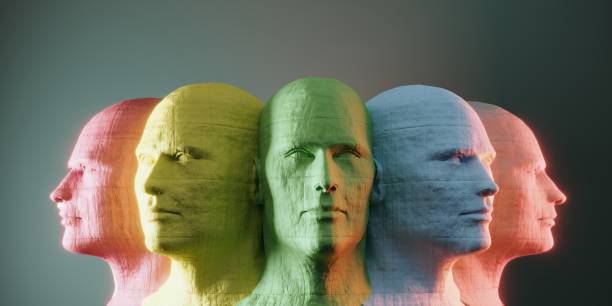Artificial Intelligence (AI) is transforming every industry, from healthcare to entertainment. One of the most controversial yet fascinating trends emerging today is the rise of celebrity AI clones and deepfakes. With advanced machine learning tools, it’s now possible to replicate a famous person’s voice, face, and even mannerisms almost perfectly. While this opens up exciting opportunities, it also raises ethical and legal questions.
In this blog, we’ll explore what AI clones and deepfakes are, how they are shaping the entertainment industry, and what the future might hold.
What Are Celebrity AI Clones and Deepfakes?
An AI clone refers to a digital version of a person created using artificial intelligence. It can replicate their voice, style of speaking, or even their physical appearance. Celebrities are increasingly being cloned for movies, advertisements, and even virtual concerts.
On the other hand, deepfakes use deep learning technology to superimpose a person’s face or voice onto another person. This technology has gained massive popularity on social media, where users create funny or shocking clips of celebrities appearing in videos they never actually recorded.
Why Are Celebrity AI Clones Becoming Popular?
The popularity of AI-generated celebrity content is driven by several factors:
- Entertainment Demand: Fans love seeing their favorite celebrities in new roles, even if it’s virtually.
- Cost Efficiency: Instead of hiring a celebrity for multiple shoots, brands can use AI clones for advertising campaigns.
- Accessibility: Digital clones allow celebrities to “appear” in multiple locations at the same time, such as concerts, promotional events, or films.
- Nostalgia Factor: AI makes it possible to bring back legendary stars like Elvis Presley or Marilyn Monroe for new performances.
The Role of Deepfakes in Pop Culture
Deepfakes are not just about impersonation—they’re shaping pop culture in new ways. TikTok, Instagram, and YouTube are filled with AI-generated celebrity impressions. From Tom Cruise deepfake skits to virtual music collaborations, deepfakes often go viral, driving millions of views.
This trend is making entertainment more interactive and engaging, giving fans experiences they never imagined. However, the line between reality and fiction is becoming increasingly blurry.
Risks and Ethical Concerns
While the technology is exciting, there are growing concerns around misuse:
- Misinformation: Deepfakes can be used to spread fake news by making it look like a celebrity endorsed a product or made a political statement.
- Privacy Issues: Celebrities have little control over how their likeness is used, which can harm their reputation.
- Legal Challenges: Laws are still catching up to regulate the use of AI clones and deepfakes, leaving gaps in intellectual property rights.
- Public Trust: As deepfakes become more realistic, it becomes harder for audiences to trust what they see online.
The Future of Celebrity AI Clones and Deepfakes
Despite the risks, AI-driven celebrity content is expected to grow. Some potential future developments include:
- Virtual Concerts and Performances: Fans may soon attend concerts where digital clones of their favorite stars perform.
- Personalized Interactions: AI clones could allow fans to have one-on-one conversations or custom video messages from celebrities.
- Film Industry Revolution: Actors may license their digital likeness, allowing them to “star” in movies even after retirement—or even posthumously.
- New Business Models: Companies could build entire platforms around digital celebrity appearances and endorsements.
Can This Trend Be Controlled?
To manage the risks, experts suggest:
- Clear Consent Rules: Celebrities must give permission before their likeness is cloned.
- Watermarking AI Content: Identifying marks can help distinguish real videos from AI-generated ones.
- Stronger Regulations: Governments and industries need to establish laws to protect both celebrities and audiences.
- Awareness Campaigns: Educating the public on spotting deepfakes is crucial to avoid misinformation.
Conclusion
The rise of celebrity AI clones and deepfakes is one of the most exciting yet controversial developments in entertainment. On one hand, it offers endless possibilities for creativity, nostalgia, and global accessibility. On the other, it raises serious ethical, legal, and social challenges that need immediate attention.
As technology continues to advance, one thing is clear: AI clones and deepfakes are not just a passing fad—they are shaping the future of entertainment, media, and pop culture. Whether you see them as an opportunity or a threat, they’re undoubtedly the next big trend we all need to watch closely.

